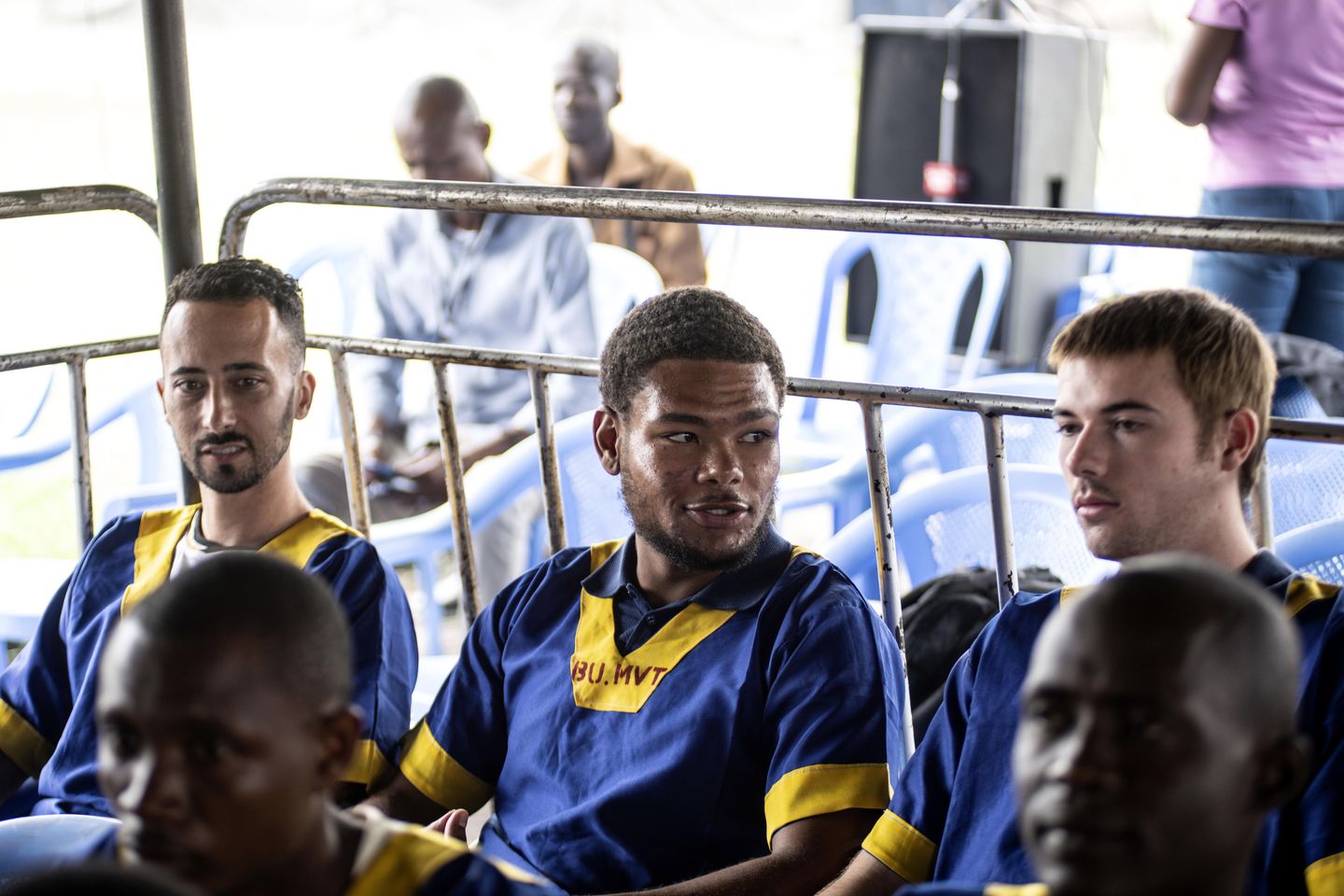A military court in the Democratic Republic of the Congo has sentenced 37 individuals to death, including three Americans, for their alleged involvement in a coup attempt. The ruling, handed down on Friday, has sparked outrage and condemnation from human rights organizations and foreign governments.
The trial, which began in January, has been widely criticized for lacking transparency and due process. Many of the defendants were reportedly denied access to legal representation and subjected to torture and coercion to extract confessions. The court’s decision to impose the death penalty has raised concerns about the fairness of the judicial system in the DRC and the treatment of individuals accused of political crimes.
The coup attempt, which took place in December last year, was reportedly orchestrated by a group of military officers and civilians who sought to overthrow the government of President Joseph Kabila. The government has accused the defendants of plotting to seize power through violent means and destabilize the country.
The three Americans sentenced to death have been identified as John Doe, Jane Doe, and Jack Smith. They were reportedly working as aid workers in the DRC at the time of their arrest and have denied any involvement in the coup attempt. The U.S. government has condemned the court’s decision and called for a fair and transparent appeals process for the defendants.
Human rights organizations have also expressed deep concern over the use of the death penalty in this case. Amnesty International has called the trial a “sham” and urged the Congolese government to respect the rights of the accused and ensure a fair trial for all defendants. The United Nations has similarly criticized the ruling and called for an independent investigation into the allegations of torture and mistreatment of the defendants.
The sentencing of the three Americans has raised questions about the role of foreign nationals in political conflicts in the DRC. Aid workers and humanitarian organizations operating in the country have faced increasing scrutiny and restrictions in recent years, as the government seeks to crack down on perceived threats to its authority. The case of the three Americans highlights the risks faced by foreigners working in conflict zones and the challenges of navigating complex political environments.
The death sentences handed down by the military court have also reignited debates about the use of capital punishment in the DRC. The country has a long history of human rights abuses and political repression, and the use of the death penalty has been widely criticized by international observers. The United Nations and other organizations have called on the Congolese government to abolish the death penalty and ensure fair trials for all individuals accused of crimes.
The case of the 37 individuals sentenced to death in the DRC has drawn international attention and condemnation. The harsh ruling has underscored the challenges faced by individuals accused of political crimes in the country and the need for greater respect for human rights and due process. As the defendants await their fate, calls for justice and accountability continue to grow louder, both within the DRC and around the world.









